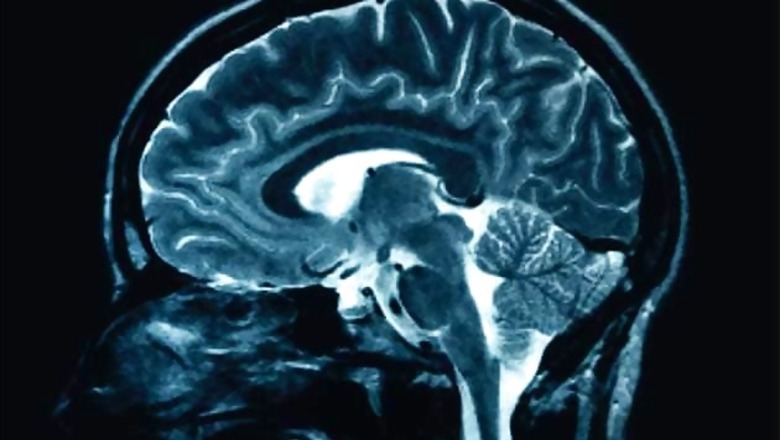
views
Washington: Having high levels of cortisol - a natural hormone in our body whose levels surge when we are stressed - can lead to memory lapses as we age, a new study has found.
Researchers at the University of Iowa (UI) said there is a potential link between stress hormones and short-term memory loss in older adults.
In the new study, the UI researchers linked elevated amounts of cortisol to the gradual loss of synapses in the prefrontal cortex, the region of the brain that houses short-term memory.
Synapses are the connections that help us process, store and recall information. And when we get older, repeated and long-term exposure to cortisol can cause them to shrink and disappear.
"Stress hormones are one mechanism that we believe leads to weathering of the brain," said Jason Radley, assistant professor in psychology at the UI and corresponding author on the paper.
While previous studies have shown cortisol to produce similar effects in other regions of the ageing brain, this was the first study to examine its impact on the prefrontal cortex.
And although preliminary, the findings raise the possibility that short-memory decline in ageing adults may be slowed or prevented by treatments that decrease levels of cortisol in susceptible individuals, said Radley.
According to Radley and Rachel Anderson, the paper's lead author and a second year-graduate student in psychology at the UI, short-term memory lapses related to cortisol start around age 65.
That's about the equivalent of 21 month-old rats, which the pair studied to make their discovery. They compared the elderly rats to four-month old rats,
which are roughly the same age as a 20 year-old person.
The young and elderly groups were then separated further according to whether the rats had naturally high or naturally low levels of corticosterone, the hormone comparable to cortisol in humans.
The researchers subsequently placed the rats in a T-shaped maze that required them to use their short-term memory.
In order to receive a treat, they needed to recall which direction they had turned at the top of the T just 30, 60 or 120 seconds ago and then turn the opposite way each time they ran the maze.
Though memory declined across all groups as the time rats waited before running the maze again increased, older rats with high corticosterone levels consistently performed the worst.
The study was published in the Journal of Neuroscience.
















Comments
0 comment